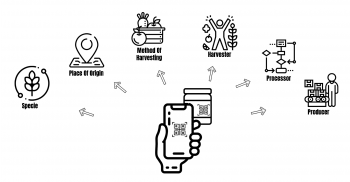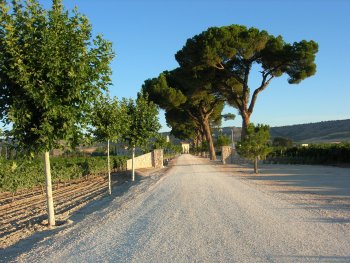Aromatic and Medicinal Plants Traceability System
Submitted by Dino Buršić on 10 July 2020The purpose of the traceability system is to link the final product made from aromatic or medicinal plants to the place of origin, specie of origin, method of harvesting, harvester, processor and producer. By having a QR code placed on a particular end product, the consumer can easily obtain more information than those described on the label of the product, and can choose which product is most relevant to their needs.



